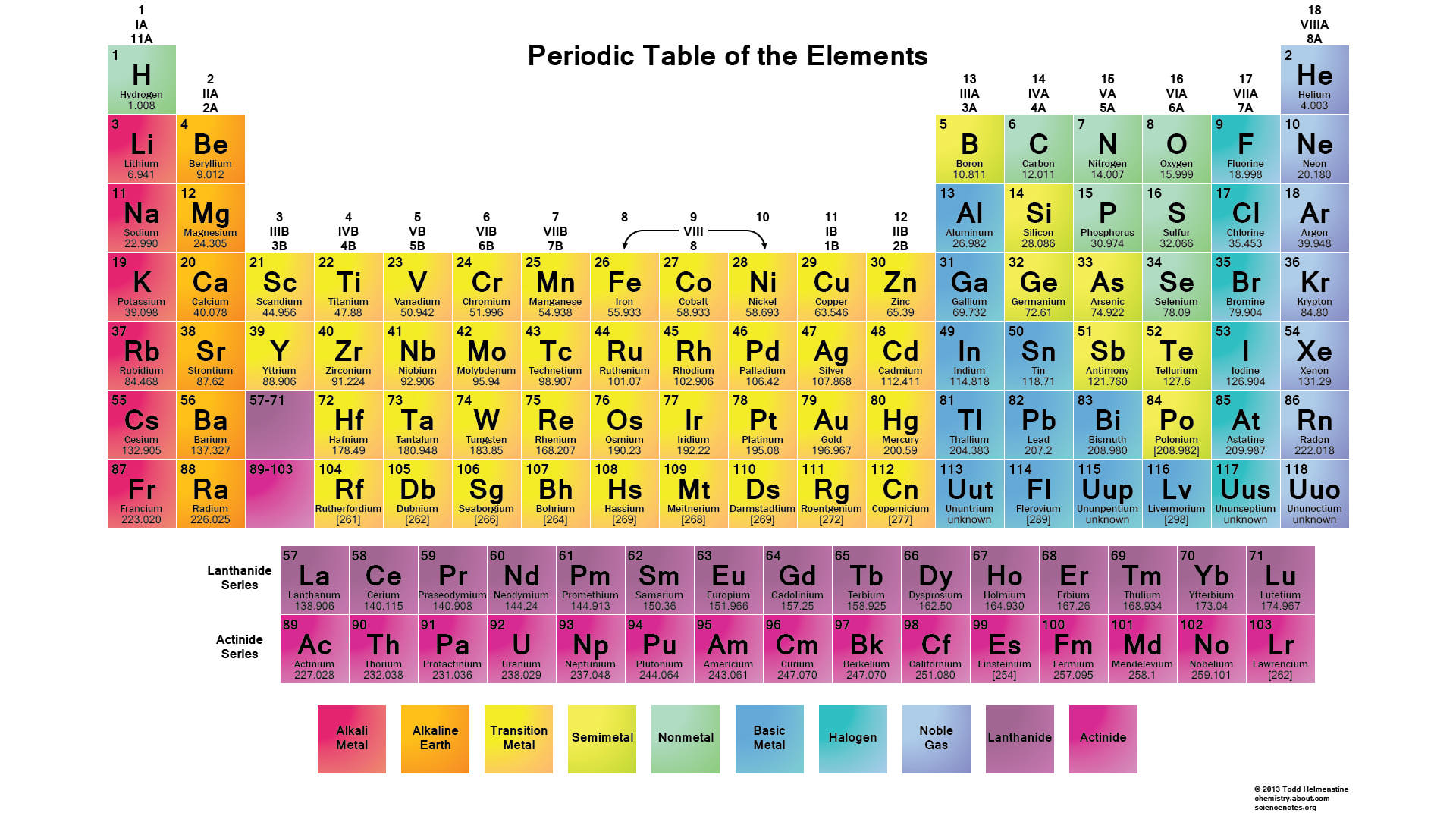 Loading... Please wait...
Loading... Please wait...Blog - chemicals
CHEMICAL REGULATIONS & DIRECTIVES: 1. EU’s CHEMICAL POLICY - REACH – How REACH can Affect Your Business.
Posted by Linda Thell on 10-24-2016
EU’s CHEMICAL POLICY: REACH
– How REACH can Affect Your Business

When it comes to chemical substances, there are some regulations that are good to be aware of even if they may not affect you directly. The REACH regulation is one you need to comply with if you intend to manufacture or market products within the European Union. Some call it “the EU’s Chemical Policy [1]”; others call it “the most complex bill in EU history”. [2]
Questions answered in this article:
- -How does REACH work?
- -Who is affected by REACH?
[PROTECTING HUMAN HEALTH AND THE ENVIRONMENT FROM HARSH CHEMICALS]
REACH is a regulation enforced by the European Union to gather knowledge on the toxicity of chemicals [3] and regulate the use of hazard chemical substances in the EU. REACH stands for Registration, Evaluation, Authorization and Restriction of Chemicals [4]. The purpose of the regulation is to protect the environment and health of humanity from certain risks posed by chemicals. The regulation also aims to reduce the act of animal testing by promoting alternative methods [5].
REACH regulates companies across various sectors that make and market products with chemical substances within the European Union. The REACH regulation applies to all chemicals and substances from big industrial processes to products intended for consumer use. These include paints, clothes, furniture and other products often used in daily life [6]. Every member of the plastics supply chain, including plastics suppliers, plastics converters, retail businesses and additives producers are regulated by REACH in the EU [7].
Who is Affected by REACH?
You need to follow restrictions and guidelines under REACH if you are:
1. Manufacturers: Manufacturers that make chemicals to supply to others (even export), or use for themselves in the EU.
2. Importers: Companies that import from outside the EU/EEA. Individual chemicals, mixtures or finished products, like clothes, furniture or plastic goods. All importers of these goods are likely to have responsibilities/ obligations under REACH.
3. Downstream users: Many companies use chemicals without realizing it and should check responsibilities under REACH.
4. Companies outside the EU: If your company is established outside the European Union, you aren’t bound by the obligations of REACH, even if you Export products into the European Union. REACH responsibilities, such as pre-registration or registration are obligations usually bound to the importers that are established in the European Union [8]. Some exceptions may apply.
Bottom line: These groups have to ensure that the chemical substances they manufacture, distribute, import, or use wont affect either the environment or the human health.
{Learn more --> European Chemicals Agency}
In order for companies to comply with REACH, they are asked to identify and manage the risks linked to the substances they manufacture and market in the EU. Companies who intend to manufacture and market their products in the EU must also show ECHA, The European Chemicals Agency, how the substance can be safely used. In addition, all companies with chemical substances in their products must communicate risk management measures to its users. They are asked to register their substances and work alongside other companies who are registering the same chemical substance. [9]
ECHA receives and evaluates individual registrations for their compliance, and the EU Member States evaluate selected substances to clarify initial concerns for human health or for the environment. Authorities and ECHA's scientific committees assess whether the risks of substances can be managed.
(Quote from European Chemicals Agency, http://echa.europa.eu/"- 10/24/2016)
The act of restricting chemical substances, such as Phthalates [10], may decrease human expose to that substance. Parkway Plastics Inc. is fully aware of the risks linked to Phthalates and the manufacturer only produces Phthalates-free plastic jars. Restricting hazardous substances is one of the core purposes of the REACH regulation in the EU. If companies cannot show that the risks of their substances are manageable, authorities can ban or restrict the use of the hazardous substances.
Complying with REACH makes the EU a safer place, and the hope of REACH is that everyone in the EU will have the information they need to use chemicals safely. [11]
NEXT: CHEMICAL REGULATIONS & DIRECTIVES: 2. EU”s Restriction of Hazardous Substances: RoHS - How may RoHS Affect Your Buisiness?
Parkway Plastics REACH and RoHS Statement
[1] (https://www.timeshighereducation.com/news/chemicals-research-key-to-new-eu-chemical-policy/185312.article - 10/24/2016).
[2] (https://euobserver.com/economic/24169 - 10/24/2016).
[3] (https://www.timeshighereducation.com/news/chemicals-research-key-to-new-eu-chemical-policy/185312.article - 10/24/2016).
[4] ( https://echa.europa.eu/regulations/reach/understanding-reach - 10/24/2016).
[5]( https://echa.europa.eu/regulations/reach - 10/24/2016)
[6] ("Source: European Chemicals Agency, http://echa.europa.eu/".- 10/24/2016).
[7] (https://echa.europa.eu/regulations/reach/understanding-reach - 10/24/2016)
[8] ("Source: European Chemicals Agency,http://echa.europa.eu/".- 10/24/2016).
[9] http://www.plasticseurope.org/plastics-sustainabi...
[10] (http://www.environmentalleader.com/2010/09/02/reach-regulation-the-5-most-commonly-asked-questions/ - 10/24/2016)
Pic: http://www.ceced.eu/site-ceced/policy-areas/Enviro...

Storage solutions for your Chemical Mixing
Are you working on something exciting in the lab? Are you experimenting with chemicals and developing a new product? If that's you, then you might be looking for a way to storage or package chemicals. Solid chemicals need a sturdy plastic jar for storage and packaging. Natural Polypropylene, with recycle-code 5, is the stronger and safer [...]
Recent Posts
- » Buy Custom Plastic Jars Direct from Manufacturer - Parkway Plastics
- » California Packaging Regulations and You! How does Parkway stack up? Parkway Plastics Meets CA Rigid Plastic Packaging Container Laws!
- » Blow Molding Explained - How PET Jars and Containers are Manufactured!
- » How Reusable Packaging Can Help Improve Your Brand Image & Costs | Safe Plastic Jars for Reuse | Optimize Your Supply Chain with Reusable Plastic Jars and Packaging |
- » Parkway Now Offers Child Resistant Closures | CRC |

